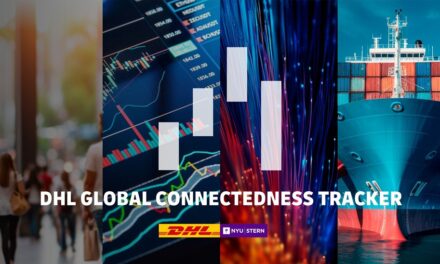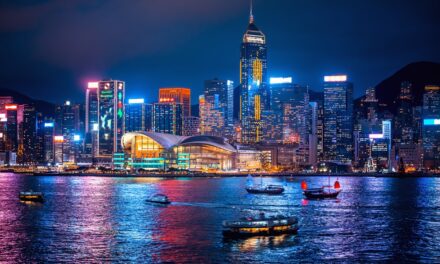
DHL’s drive towards clean-fuel vehicles hits a block
Early this year, DHL announced that it would add natural gas (NG)-powered vans to its UAE express delivery fleet, in the hope that this would lead the country’s efforts at promoting alternative fuel vehicles.
To start off, it put two vehicles running on NG on a pilot project; but its efforts to improve that number have hit a wall because there are few natural gas filling stations in the country. “At the moment, the biggest constraint is the lack of filling stations for natural gas,” acknowledged Geoff Walsh, operations manger – UAE, DHL.
A filling station in Sharjah remains its only source of supply currently, added Walsh. “We are also looking at an outlet in Abu Dhabi, but we are still negotiating.”
Nevertheless, Walsh remains optimistic in his belief that it’s only a matter of time before the issue is resolved. “There is growing awareness about environmental concerns in the UAE and therefore believe such issues will rise on the agenda of the government,” said Walsh.
“With more roads and bridges being introduced into the country’s transportation network, we believe that the government must and will take steps to increase the supply of alternative fuels.” DHL is hoping to switch 50 per cent of its vehicles to natural gas by 2010. The two vehicles it currently has were converted from regular petrol-fueled vans into NG ones by Al Naboodah Automobiles.
Petrol and diesel-powered vehicles account for 80 per cent of all the environmental pollution in the UAE, a recent study by the Roads and Transport Authority said. As the emirate steps up its drive to promote environment-friendly practices, experts estimate that natural gas will account for 20 per cent of all fuel consumed by road vehicles by 2012.
Walsh said that despite the lack of filling stations, DHL was doing other things to improve its environment credentials. “These include using smaller-sized engines for our vehicles; optimising delivery routes and operating freight consolidation centers which reduce both the number of vehicles and trips needed to deliver packages,” pointed out Walsh.
“In fact, with all these efforts, between 2004 and 2007, DHL reduced fuel consumption by 19 per cent globally,” he added.












